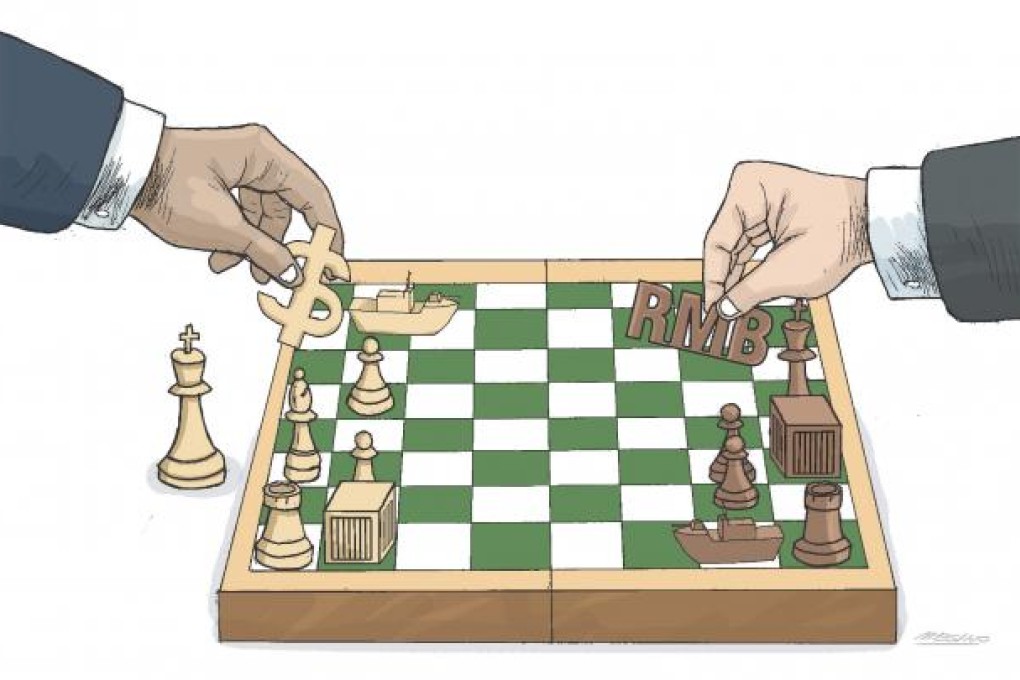Sino-US relations: A new round begins
Yun Tang looks at potential flashpoints in Sino-US relations in the coming years, when a second-term Obama administration will have to contend with a new leadership in Beijing

If there is any truth in the fancy that ears will burn while their owner is being talked about, the collective ears of China must have been ablaze during the past few weeks." These words are from a commentary in the American magazine in July 1900, amid the Boxer Rebellion. Today, these words exactly depict the unprecedented spike in China-bashing rhetoric during the US presidential election campaign, which ended with President Barack Obama cementing a second term.
Pillorying China in a tense presidential debate attests to America's deep worries, as China's economic, political and military clout grows. Obama's victory will prevent disruptions to US foreign policy towards China, but it will not dispel all fears.
Meanwhile, in a striking coincidence, China will simultaneously anoint new leaders in the 18th Communist Party congress. How US-China relations will evolve under the helm of the new leaders concerns all. And the subjects that came up in the US presidential debates provided some clues as to how bilateral relations might progress in the next four years.
The struggling US economy was the primary concern; Obama immediately faces a "fiscal cliff" that threatens to drive the economy back into recession. The White House has to reach a budget compromise with Congress on tax increases and spending cuts to avoid it.
This pressing task highlights the bleak economic situation facing the second Obama administration, and makes promoting economic growth an urgent priority. In his first term, Obama brought more cases against China through the World Trade Organisation, charging it with unfair trade practices, but he didn't list China as a "currency manipulator", despite tremendous pressure to do so.
However, a second-term Obama might take a tougher stance against China over trade and economic issues. China has been rebutting US charges that it is rigging its exchange rate, while wanting more investment in the US, and is thus on high alert against protectionist policies. Undoubtedly, the next four years will see many altercations over trade, with the possibility of escalating tensions.
During the presidential debates, one focus was on strategy against Islamic extremism. During his first term, Obama directed the killing of Osama bin Laden, but radical violent extremism has not been extinguished.
